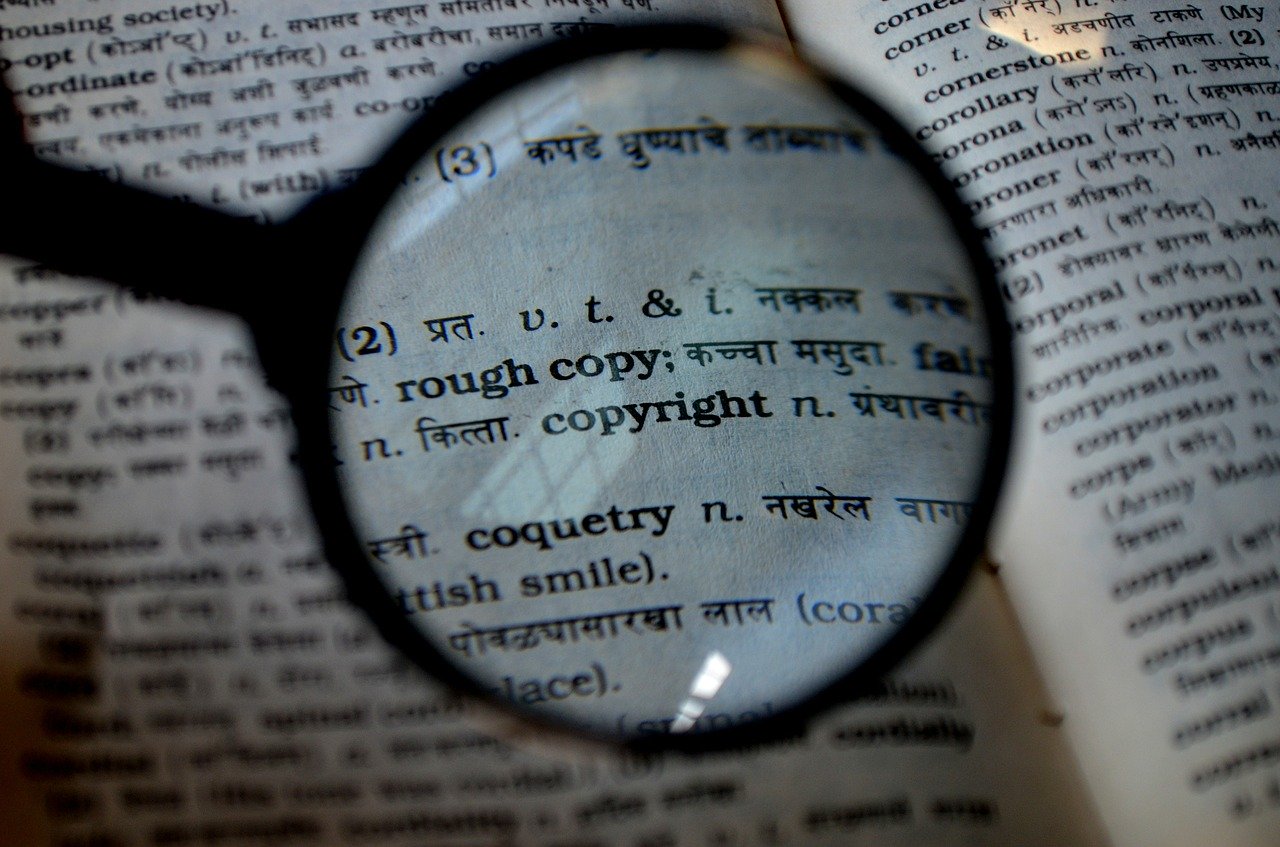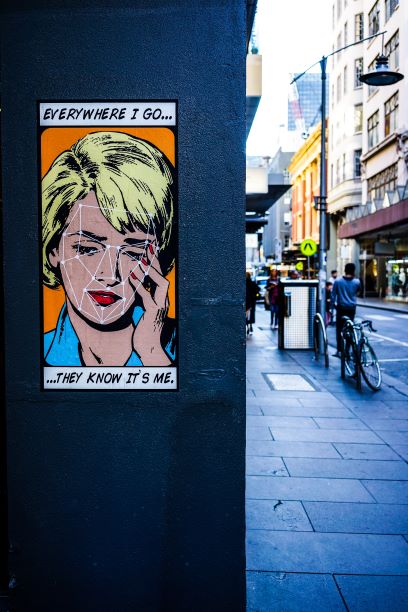
The latest 5 blockchain technology trends in 2020
The Bitcoin and crypto hype of 2017 has worn off, but companies have continued to invest in research and development for the past years. And that’s not going to change in 2020. Here are 5 blockchain technology trends to look after in 2020.
According to analysts, blockchain ranks as one of the top 10 technology trends in 2020.
Even if the enthusiasts have become calmer, don’t fall to believe that blockchain is going away. Because the exact opposite is true. The blockchain technology is just in its infancy, and only a few companies have been able to successfully use it for their digital operations.
Blockchain’s future is tightly connected with the future of AI and IoT.
Here are some blockchain trends for 2020.
Other industries will follow the to implement blockchain
The blockchain technology became famous once Bitcoin started to gain popularity, and that’s why the finance sector was the first one to use this innovative technology.
But blockchain isn’t limited to digital currencies. The number of uses cases and examples grows with every month, as companies and developers become more open-minded. The blockchain technology can be incorporated into systems to stop frauds, as a settlement system, for the smart contract feature and of course, to increase the speed of digital transactions.
IBM, the company that helped launched more successful blockchain initiatives than any other company, believes that the investment of financial services in blockchain will increase in 2020.
Blockchain has immense value for services and industry that require secure ledger or transactions and need to keep track of everything. This includes agricultural products and luxury goods.
Facebook plans to bank the unbanked
For the past year, Facebook has been talking about how it will revolutionize the financial world, all over the world.
The launch of Libra is supposed to be in 2020, but many details are still unrevealed.
Since the creation of Bitcoin in 2009, many altcoins have been launched and many of those have sunk before anyone ever knew about them. But the world has yet to see a giant such as Facebook, launching its own crypto. This is something nobody has seen before and it can change the financial world as we know it.
The topic is controversial, as both Mastercard and Visa announced their withdrawal from the project due to regulatory concerns.
Libra, the cryptocurrency promised by Facebook, is technically a cryptocurrency, but its processing mechanism was described differently than the one Bitcoin has. It will rely on computer encryption to guarantee the integrity of the network, but the network will be centralized, as opposed to the distributed system used by all the other cryptocurrencies.
Even so, if Facebook makes its promise a reality, it will finally succeed in disrupting the current global monetary system.
The blockchain technology and its integration with AI continues
Artificial Intelligence (AI) can be difficult to understand, due to the large volume of data that determines its decisions.
Some believe that the blockchain technology can be the solution to that, as it would make the decisions traceable and would allow humans to verify that the decisions were made based on verifiable information.
The two technologies can even help each other. The blockchain improves the use of the AI and the AI can make the blockchain more secure and easier to operate.
Using these two powerful technologies, companies can reduce waste in production, streamline supply chains, make predictions more accurately. It is likely to see the first cloud service providers that combine AI and blockchain in 2020.
Blockchain can be used to secure the Internet of Things
People are using and connecting more and more devices in their personal and business lives to process data, which can lead to more opportunities to corrupt that data if it would fall into the wrong hands. Or information can be simply misplaced.
Because more and more information is transferred machine-to-machine, a trustworthy and secure environment is necessary.
Luckily, blockchain technology can be used to get the current best solution known to man. All transactions and pieces of information are transparently recorded to all parties. This makes debugging, a much simpler task to understand where the error occurred and what caused the problem.
Studies have shown that the companies that have adopted IoT are planning to also implement blockchain in 2020 if they haven’t done so already.
Governments are pro blockchain
Wyoming is the first state in the US to adopt a framework that allows blockchain to flourish.
As the first cryptocurrencies appeared, the transfer of valuable assets became possible for the first time, for anyone in the world. This raised attention by the central banks, who were concerned by the obvious potential of money laundering and illegal activities.
To this day, these concerns have kept cryptocurrencies from mass adoption and why the US Securities and Exchange Commission (SEC) consistently rejected applications for public cryptocurrency banks.
The decision of the Wyoming legislators doesn’t change that. But with their decision, they made public their belief that regulation should be an enabler and not a blocker of technology.
We hope to see more states and countries from all around the world to follow their examples in 2020.






